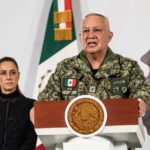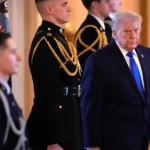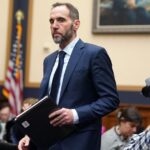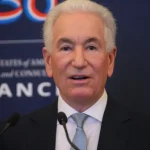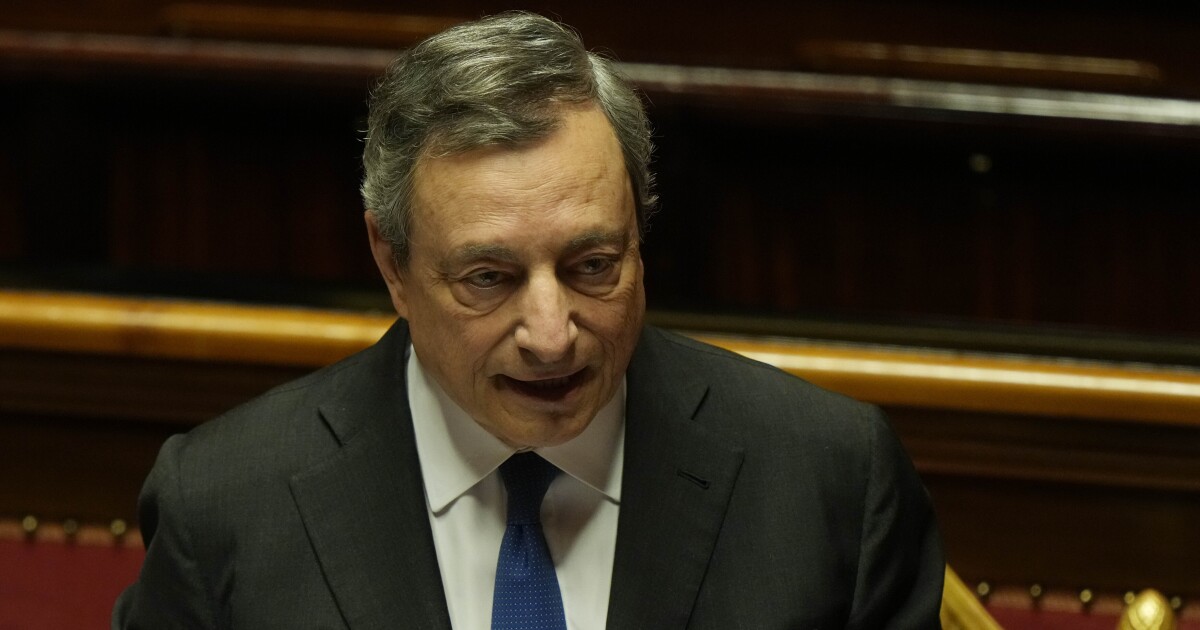

Italian Prime Minister Mario Draghi resigned Thursday after three parties boycotted a confidence vote in the Senate on Wednesday.
President Sergio Mattarella accepted the resignation Thursday, one week after he declined to accept Draghi’s resignation in the aftermath of the 5-Star Movement’s boycott of the last confidence vote. Mattarella initially pushed the prime minister to reconsider whether he could lead the coalition government without the party’s support.
RISHI SUNAK HOLDS LEAD IN UK PRIME MINISTER RACE HEADING INTO FINAL VOTE
Draghi will continue as the caretaker prime minister until a new leader is selected. If a new leader is not selected within the current Parliament, the decision will go to the Italian people in an election as early as September.
Draghi, who served as the president of the European Central Bank from 2011 to 2019, announced his intention to resign last week, claiming he did not wish to lead a coalition that did not have the 5-Star Movement’s support. He was selected to run the coalition government in the aftermath of the COVID-19 pandemic in 2021 after being widely viewed as a good choice to navigate the economic fallout of the pandemic because of his background in finance.
“We need a new pact of trust, sincere and concrete, like the one that has allowed us so far to change the country for the better,” Draghi told Italian lawmakers Wednesday, according to CNN. “If we still want to stay together, the only way is to rebuild this [national unity] pact with courage, altruism, [and] credibility.”
The 5-Star Movement’s boycott came after the party disagreed with cost-of-living aid legislation passed by Parliament earlier this year. The plan was intended to help offset rising energy prices for homes and businesses, but the party believed the offer did not go far enough.
The other two parties in the coalition that boycotted the vote Wednesday included the far-right League Party and the right-of-center Forza Italia. Despite the boycott, Draghi won the confidence vote.
CLICK HERE TO READ MORE FROM THE WASHINGTON EXAMINER
Other countries are also facing uncertainty in their political leaders. British Prime Minister Boris Johnson resigned earlier this month, with a replacement election between former Minister of the Exchequer Rishi Sunak and Foreign Secretary Liz Truss scheduled for Sept. 5.
Former Sri Lanka President Gotabaya Rajapaksa also resigned last week after months of protests. Former Sri Lanka Prime Minister Ranil Wickremesinghe was elected Wednesday in his place.


